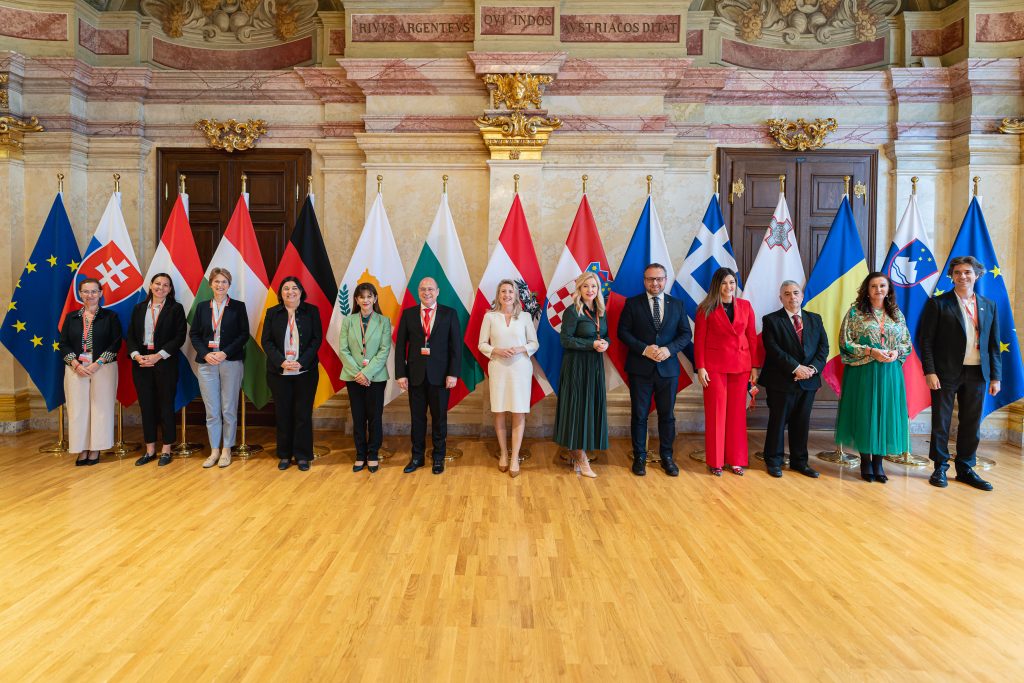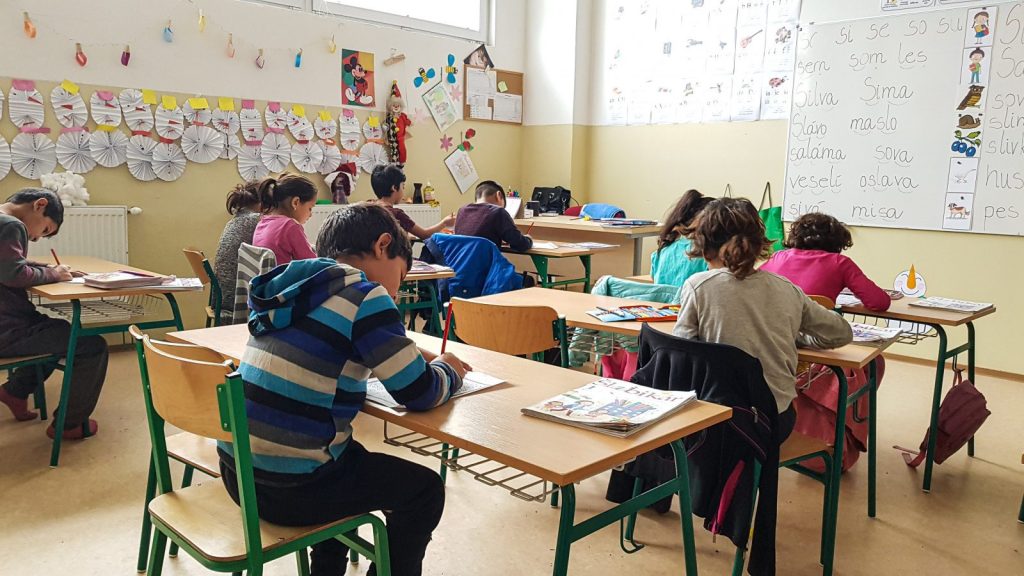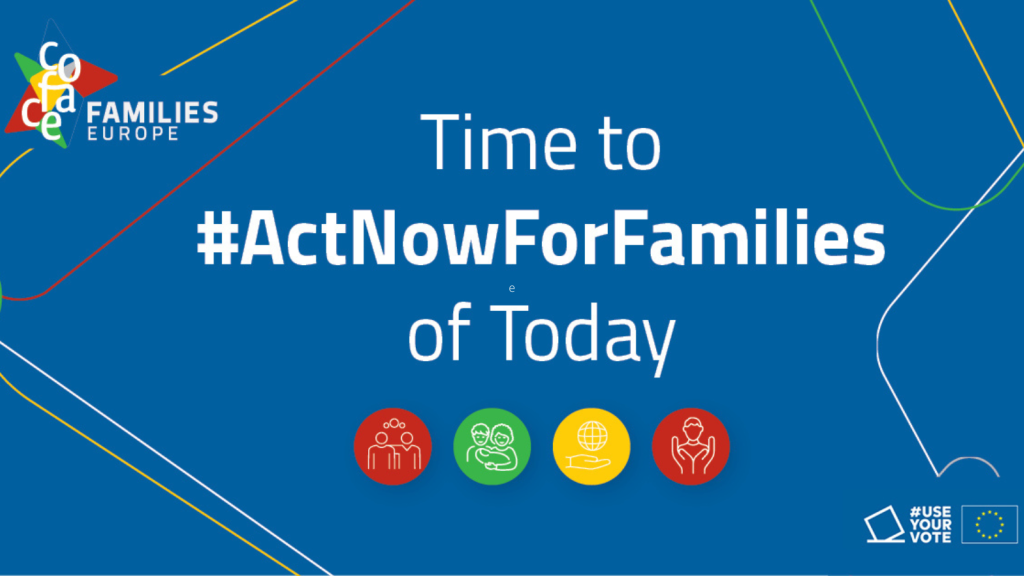Ahead of the upcoming 2024 European elections, the European Commission published a guide on good electoral practices for persons with disabilities which was published in December 2023. The guide, as announced in the Strategy for the Rights of Persons with Disabilities 2021-2030, presents an overview of good electoral practices from different Member States aiming to further improve participation of citizens with disabilities in the electoral process.
The guide focuses on good practices across the EU where persons with disabilities have their needs met in terms of elections. The guide provides a strong overview of electoral processes and potential improvements.
European Disability Forum (EDF) especially highlighted the usefulness of Annex 1 in the guide. The Annex provides a checklist of actions that Member States must undertake before, during and after elections to include persons with disabilities.
EDF also particularly welcomed the framework’s focus on involving representative organisations of persons with disabilities during the election cycle.
The guide highlights:
- EU frameworks and international standards that protect the political rights of persons with disabilities, such as the UN Convention on the Rights of Persons with Disabilities.
- Environments supporting participation in elections – not only physically, but in improving visibility of persons with disabilities, raising awareness and changing attitudes
- Outreach to persons with disabilities during the electoral cycle through improving accessibility in communication and advertising materials. For example, the Netherlands provides an online tool to locate accessible polling stations for persons with disabilities.
- Universal design and reasonable accommodation in the electoral cycle from the perspectives of procedures, facilities and materials. For example, several countries use mobile ballot boxes, where election officials go to the place of stay or residence of certain persons with disabilities.
What’s missing from the guide?
EDF highlight that despite the extensive list of good practices that can be implemented, the guide fails to adequately address certain issues. Persons with disabilities face concrete differences in their right to vote, and right to stand as candidates. Many Member States still have legal barriers on the voting rights of, for example, persons with intellectual or psychosocial disabilities.
Read more here





